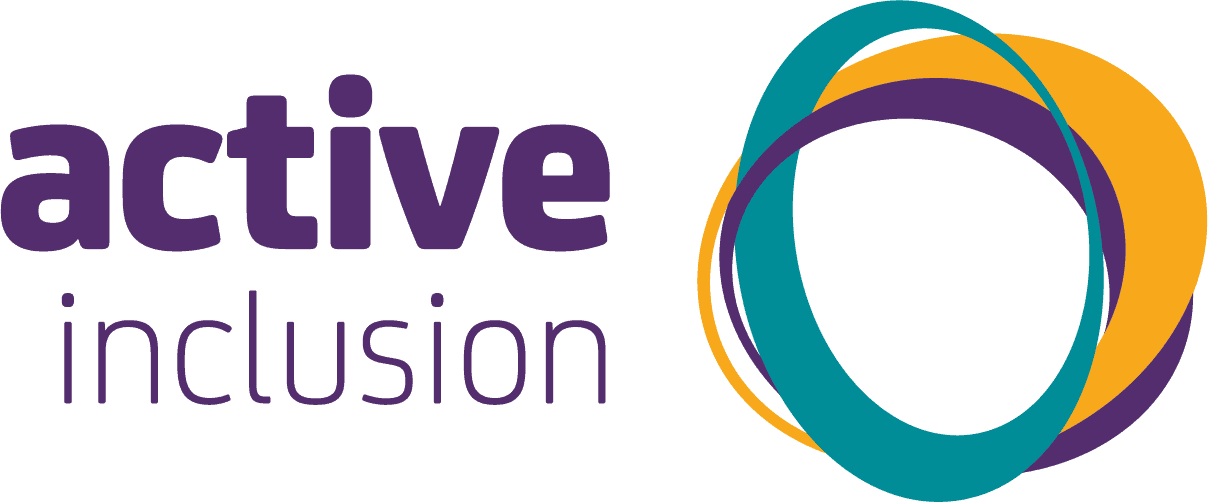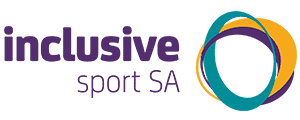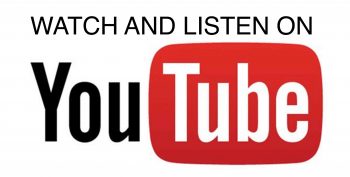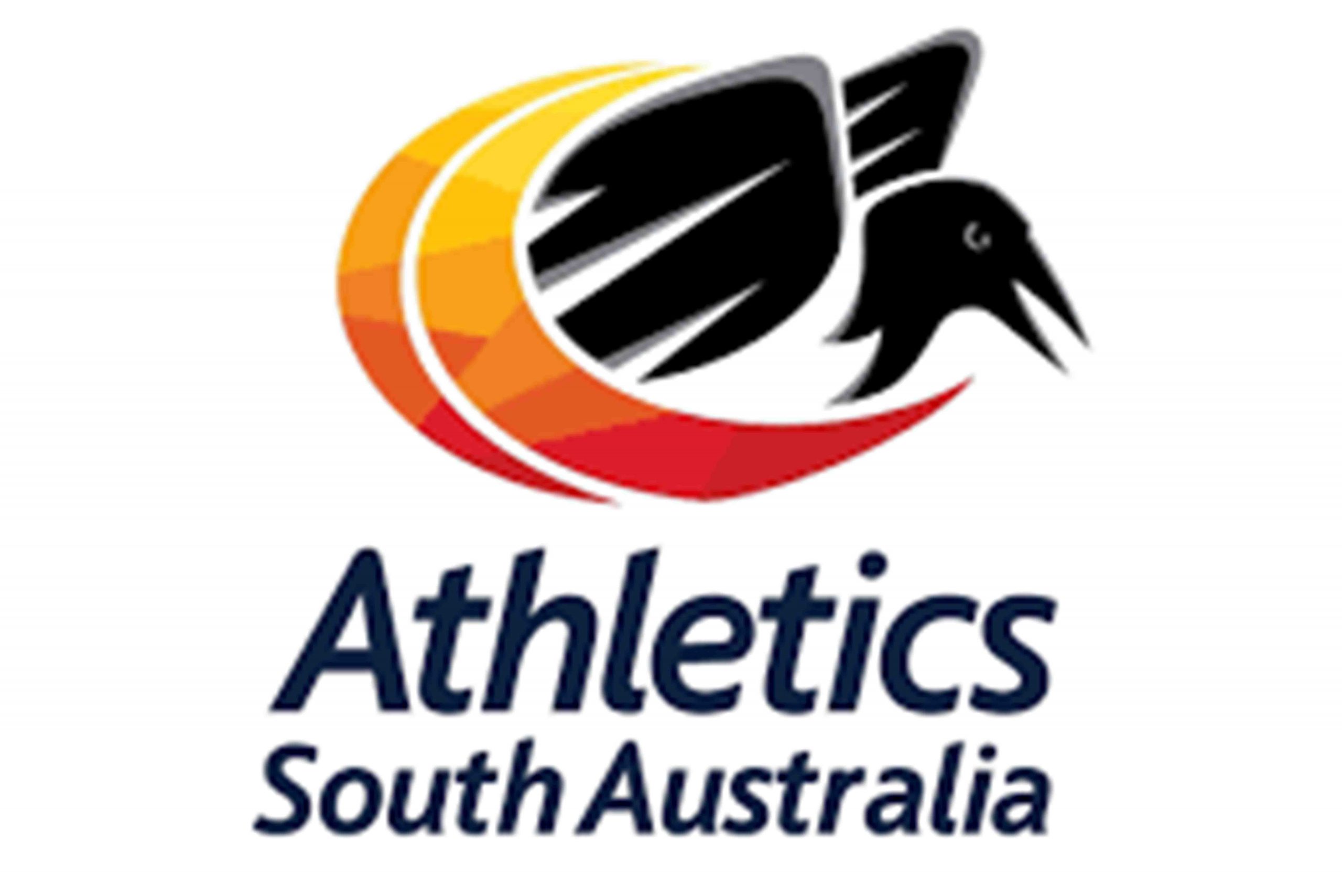Welcome back to sport!
As we all work to bring sport back to our playing fields and courts Inclusive Sport SA, in partnership with the Office for Recreation, Sport and Racing have developed The Return to Sport Accessible Communication material to promote health literacy and positive hygiene practices and assist sport deliverers in administering a smooth and safe return to sport.
Easy Read Guides
Documents explaining current COVID-19 health guidelines in plain English with accompanying visual supports.
Download Documents
What is Easy Read?
Easy Read (also referred to as Easy English) is the interpretation of complex written communication into simple everyday language.
Documents written in Easy English format contain visual aides (images) to support the text. Including visuals, using plain language and increasing spacing and text size improves readability and means more people in the community can read and understand important messages.
Social Stories
Social stories to support the COVID-19 health and hygiene rules talked about in the Return to Sport video.
These offer further support in understanding these messages and are available as written documents and in video format with narration via the Inclusive Sport SA Youtube page below.
What is a Social Story?
Social stories are social learning resources written in a literal way to help support the sharing and understanding of important information between parents and professionals and people with Autism.
They provide preparation and structure for specific situations assisting in the reduction of stress and anxiety by increasing understanding for people with Autism.
Download Documents
Communication & Engagement Guides
A collection of guides for sport administrators, coaches and volunteers to offer support in communicating the safe return of sport to all players and participants.
Download Documents
What do the Guides Cover?
These guides provide guidance for sport administrators and volunteers for communicating with club members and players with differing learning styles, low literacy levels or where English is an additional language to better understand health and hygiene protocols in a new COVID-19 environment about Return to Sport rules and guidelines.
Our Communication and Engagement Guide series, which include general guidance around communication with people with disability, those who use English as a second language and have low literacy levels have been included to offer further insight and understanding.
- Easy Read Guides
-
Easy Read Guides
Documents explaining current COVID-19 health guidelines in plain English with accompanying visual supports.
Download Documents
What is Easy Read?
Easy Read (also referred to as Easy English) is the interpretation of complex written communication into simple everyday language.
Documents written in Easy English format contain visual aides (images) to support the text. Including visuals, using plain language and increasing spacing and text size improves readability and means more people in the community can read and understand important messages.
- Social Stories
-
Social Stories
Social stories to support the COVID-19 health and hygiene rules talked about in the Return to Sport video.
These offer further support in understanding these messages and are available as written documents and in video format with narration via the Inclusive Sport SA Youtube page below.
What is a Social Story?
Social stories are social learning resources written in a literal way to help support the sharing and understanding of important information between parents and professionals and people with Autism.
They provide preparation and structure for specific situations assisting in the reduction of stress and anxiety by increasing understanding for people with Autism.
Download Documents
- Communication & Engagement Guides
-
Communication & Engagement Guides
A collection of guides for sport administrators, coaches and volunteers to offer support in communicating the safe return of sport to all players and participants.
Download Documents
What do the Guides Cover?
These guides provide guidance for sport administrators and volunteers for communicating with club members and players with differing learning styles, low literacy levels or where English is an additional language to better understand health and hygiene protocols in a new COVID-19 environment about Return to Sport rules and guidelines.
Our Communication and Engagement Guide series, which include general guidance around communication with people with disability, those who use English as a second language and have low literacy levels have been included to offer further insight and understanding.


















